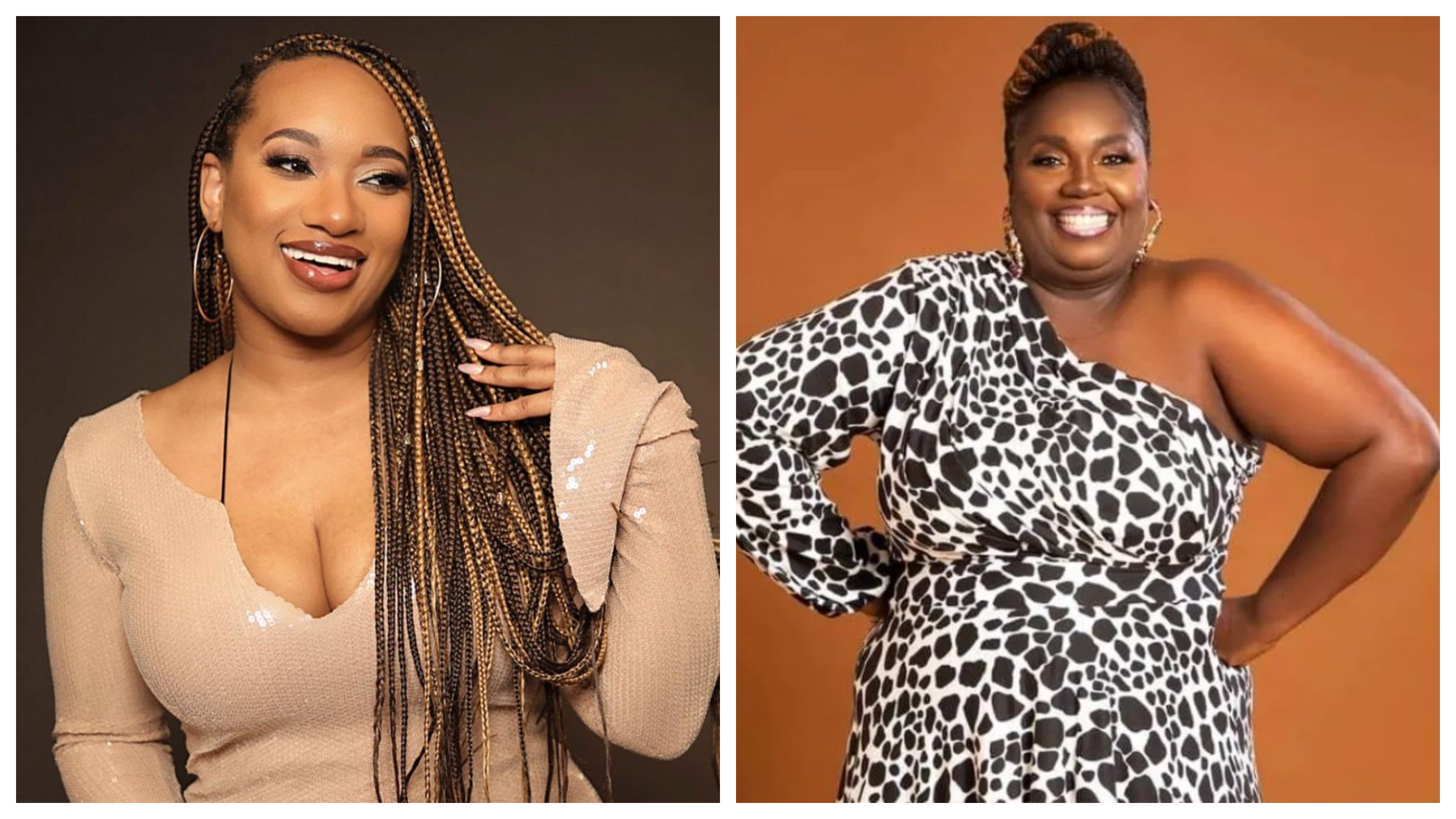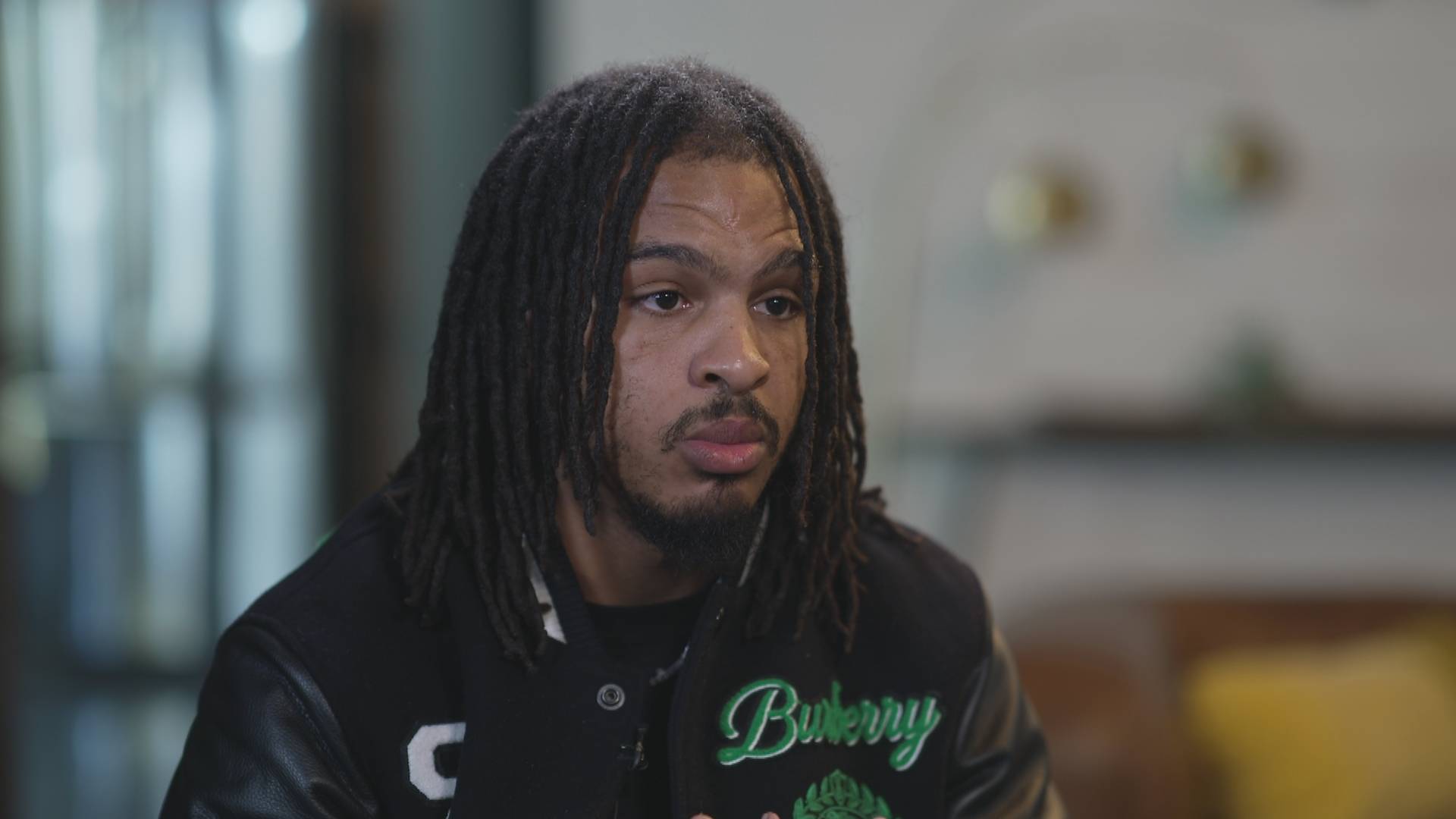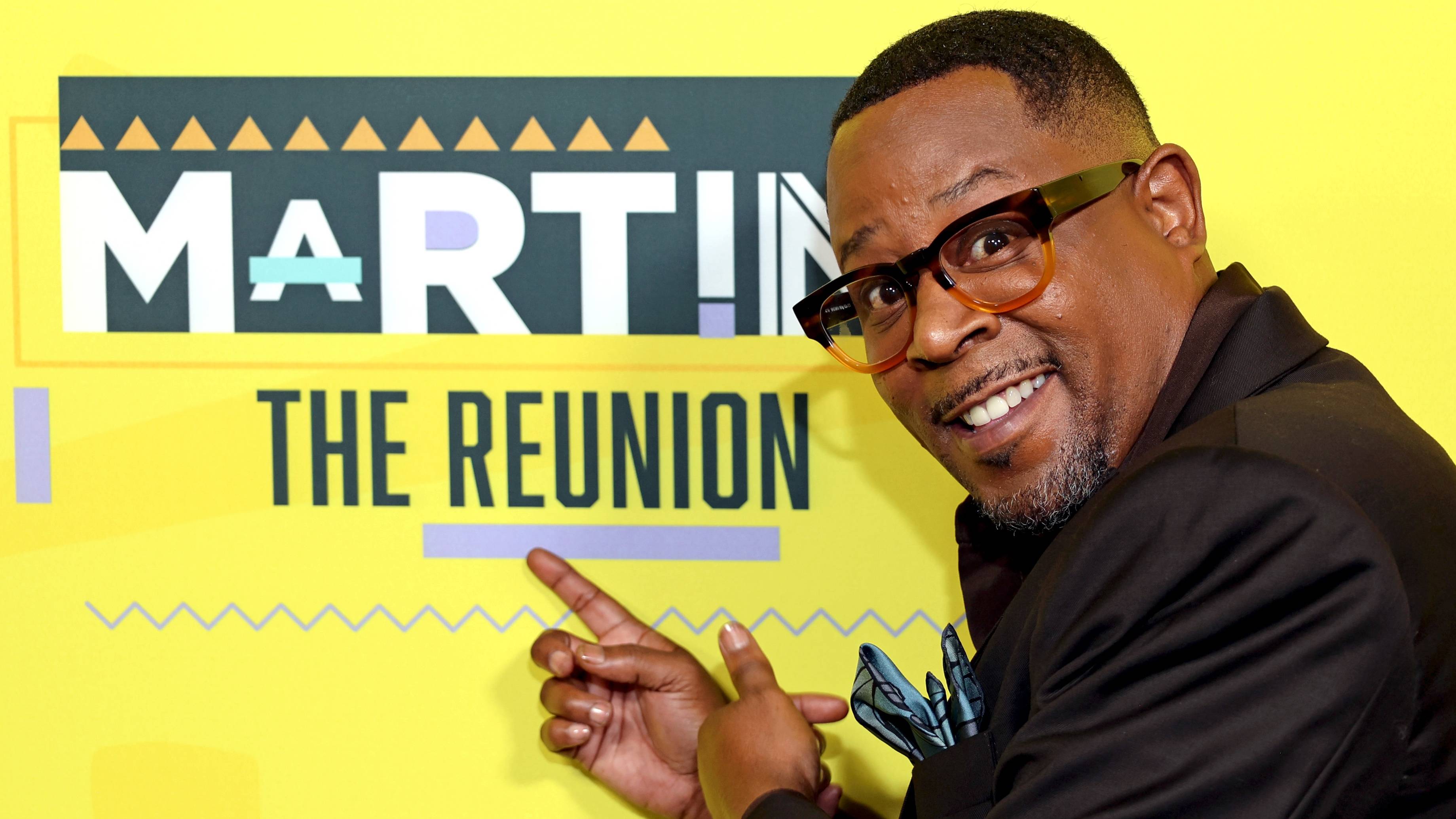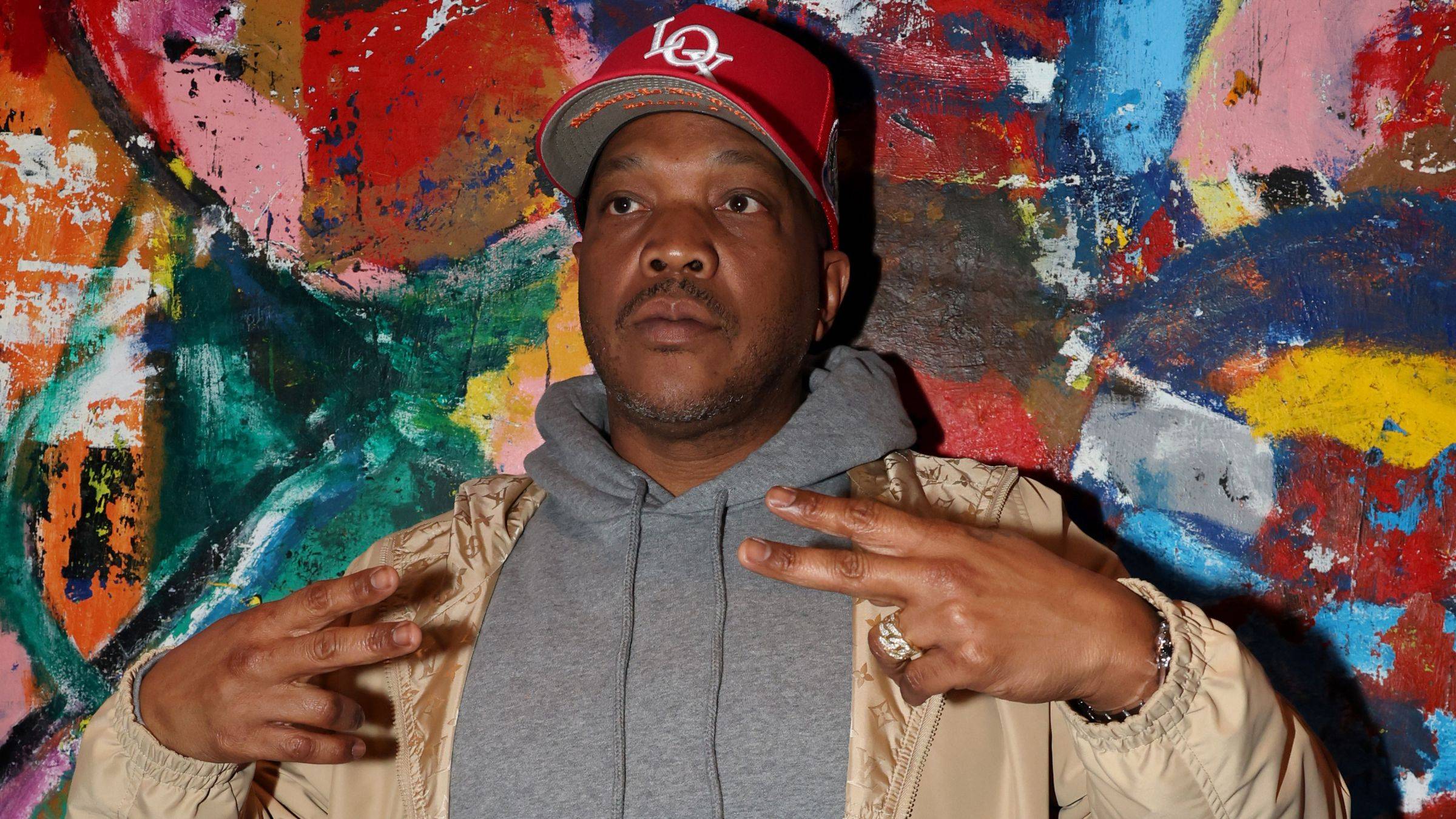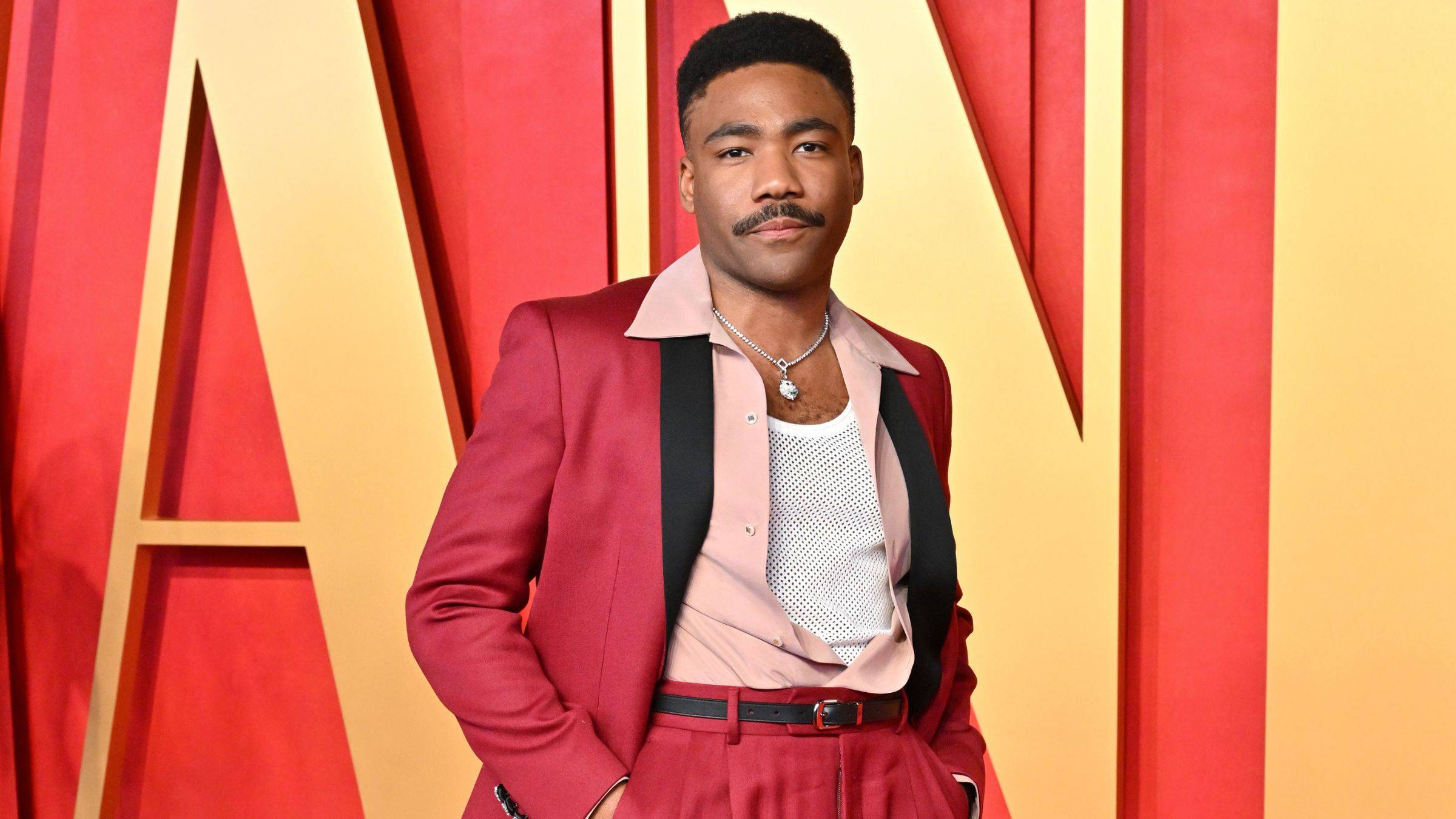We Spoke With Your Girlfriend's #MCM, Former NFL Player Myron Rolle, About Neurosurgery Giving Him the 'Same Adrenaline Rush' Football Did

As a 17-year-old senior out of The Hun School of Princeton (New Jersey), Myron Rolle was equipped with a list of goals during his official visit to Florida State University for a football scholarship and was almost surgical in the manner that he proceeded to tell football coaches about them.
“‘I want to be an NFL player, I want to be a Rhodes Scholar and I want to be a neurosurgeon,’” Rolle told BET.com, remembering the blueprint of ambition he laid out before them. “‘Can you get this done for me?’”
They responded by taking the headstrong teen to FSU’s College of Medicine during that visit. There, he met with deans, professors and medical students.
Years later, Rolle, now 30, has accomplished his goals of becoming a Rhodes Scholar, playing in the NFL (from 2010-12) and is currently enrolled in FSU's same College of Medicine in pursuit of becoming a neurosurgeon. (His Myron Rolle Foundation also works to affect change in the lives of children and families in need in Florida and nationwide and also back in the Bahamas).
“Whether it’s one play in the NFL or 1,000 plays in the NFL, your pads will come off eventually,” said Rolle, whose cousins Samari Rolle and Antrel Rolle played several years in the league as well. “I’m hoping that players can see my story and say, ‘Look, I really need to focus on what’s going to happen to me after my career is done because I still want to be a contributor to this community, I still want to be of worth, have purpose or find that purpose.’ I’m doing it now through medicine and I find that it’s giving me the same adrenaline rush and same fulfillment that football did.”
Here, the former Tennesee Titans defensive back takes us through his journey from the NFL to neurosurgery and tackles whether CTE and head trauma in football influenced his career move while detailing his average day in scrubs and sharing his ultimate goal in medicine.
How did you go from signing a four-year contract with the Titans to delving into neurosurgery?
I always wanted to play in the NFL. I decided to go to Florida State University as my college to play football because the coach there — Bobby Bowden — had a pedigree and acumen for putting players into the league. I have two cousins — Samari Rolle and Antrell Rolle — who played several years in the NFL, too. So, football is a part of my DNA. My dad actually started the Caribbean-American Football League back home in the Bahamas where we’re from. It was almost kind of an inevitable thing.
Once my junior year finished at Florida State, I won the Rhodes Scholarship and I was also projected as a second-round draft pick. I put my name into the scouting services and it came back that I knew I was going to be [a] high [draft pick]. I actually asked the Rhodes Trust, ‘Look, can I postpone going to [the University of] Oxford for how ever long my NFL career would be?’ They said, ‘No. You either take it or you don’t get it at all.’
So, I had a difficult decision to make. Do I go to Oxford or do I go as a second-round pick in the NFL? I decided to go to Oxford. I thought it was the best decision that would behoove my future interests and kind of place me in the category of being a role model for young people to get inspiration from, choosing academics over athletics. So, I went to Oxford, got my degree, spent a year and some change over there, tried to stay in shape, came back, played in the Senior Bowl — also did the Combine at Pro Day — and ended up getting drafted four rounds later (sixth round, 207th overall pick of 2010 NFL Draft).
There was sentiment that I wasn’t serious about football or that I lost a step because I took a year over there. The sentiment was that I wasn’t fully invested. So, I got drafted the sixth round by the Titans. That was a good experience. I got put on the practice squad my rookie year, got in a bit of a lockout and was released the following year in 2011. I was working out, staying in shape and I signed with the Pittsburgh Steelers. I had a chance to play over there for Mike Tomlin, who’s a fellow fraternity brother of mine — Kappa Alpha Psi. It ended there a couple of months after signing with them.
I had more interest to play other places, but I felt like I couldn't continue hitting my head against opponents, against this proverbial wall to keep trying to combat this notion that I wasn’t serious about football. I felt like everywhere I went, the conversations that I had with NFL personnel or people around football was my Rhodes Scholarship, my foundation, my humanitarian trip I took with President Bill Clinton — things outside of football, while my teammates were getting questioned on Cover-2 blitz packages, covering kicks, things like that.
I said to myself, ‘I played, I made the money, I got to the highest level of getting drafted, made some friends, had connections that I built, I was healthy, had two hands that were able to do surgery and only one or two concussions, so let’s move on and go to med school.’ That’s how we went from then to now.
You’re currently enrolled in Florida State University’s College of Medicine. How has that been going so far?
It’s four years at the medical school. I’ve wanted to do medicine actually before I started playing football. My older brother gave me the book Gifted Hands by Ben Carson when I was very young. I saw a lot of similarities in his life and mine — coming from a modest background like my family, having parents that focused on education like my parents did and also being Black, it was someone who looked like me. That was big for me, so Ben Carson planted the seed of neurosurgery in my mind.
So, once I finished playing football, I knew medical school was the next step. I wasn’t questioning the next chapter in my life. I was going to move seamlessly into this new career and try to make broader impact. Football is great — you make interceptions, tackles, get the people excited, but then saving a life or helping somebody … that’s a big deal and you can truly make an indelible footprint in a community and in someone’s life going forward.
So, I finished football, went on to medical school at Florida State. It’s a four-year program and then after that you match into whatever specialty you want. Mine is neurosurgery and I’ll find out in a couple of weeks where I’ll be doing my residency. That’s seven years for neurosurgery training and then one extra year of fellowship to do pediatric neurosurgery, which is the sub-specialty that I’m looking forward to going into.
What’s an average day for you like?
It changes by year. The first two years, we were basically in the classroom a lot, learning the basics — the pathophysiology of medicine, biochemistry, molecular biology, pharmacology, what kind of antibiotics or antiviral medications you could give to patients. And then the third year is when we spend a lot of our time doing clinical rotations, where we get to apply that knowledge in a hospital or critical setting. That’s the year where most students have their most growth. They improve, they get better and they find which specialty they want to go into.
Now, here in my fourth year, it’s a little lighter, a little easier — I’m taking an infectious disease rotation right now to learn how bacteria can affect the brain and the spine, how to manage those patients and what surgical interventions could happen.
I wake up around 4:30 a.m. or 5:00 a.m., I go around to our patients, see them, ask how they’re doing, figure out their labs or see how they did overnight and talk to the overnight nursing staff. Then, I’ll report all that back to my attending physician and then we’ll both go and round the patients together. We’ll round again on some more patients and after that we’ll actually go to the clinic and see patients on an out-patient basis. They’ll come in, say whatever they’re ailing from, their symptoms, and we’ll try to figure out if we could treat this conservatively, treat this with medication, with surgery or refer this to another specialist.
I finish probably around 6:00 p.m, 6:30 p.m. I go home, work out, spend time talking to my family on the phone — and I’m not gonna lie — peruse social media, Twitter, Instagram, Facebook. And then read about any cases that were interesting for the day and then do it again the next day.
Chronic traumatic encephalopathy has been reported about a lot regarding NFL players. Did that and head trauma associated with playing football have anything to do with your ambition of pursuing neurosurgery?
Good question. Initially, I got inspired by Ben Carson and the science behind the brain and the spine, which is so fascinating to me. I think it’s the best computer that God has given us. There’s so much more to learn about the brain and nervous system that’s such an intricate and special system that I feel honored to have the opportunity to help somebody with whatever affliction they may have that pertains to the brain, spine or nervous system.
But as I played football and research came behind concussions, traumatic brain injuries and chronic traumatic encephalopathy, I feel like I may be a natural fit to being an incredible voice in advocating for research and awareness for concussions.
I think concussions are serious. Before, they were more nebulous. I remember growing up playing football, my coaches would tell me, ‘Tough it out, suck it up.’ That was the common sentiment on the football field and if you did not do that, you were labeled soft. And soft in a sport that’s innately and inherently physical and violent … that’s fighting words almost.
So, you would always blow off that you may have imbalance, eye problems, migraines, anxiety, or depression — all the symptoms that are correlated with concussions that we know today. People had them before, but they would just brush them to the side because they didn’t want to challenge the culture, the team and football in general. So, I think there needs to be certainly more education and awareness to the players playing the game and the culture of football needs to change. Instead of highlighting high-velocity, impact collision hits on TV, there needs to be more focus on fundamentals, more of an acceptance and embracing of innovative technology that can monitor the force that come with some of these huge hits.
I think you could limit the number of plays that happen in a game. If you have 40 or 50 less plays, you make the game shorter. That’s 40 or 50 less chances that a player may get a concussion. I think you also need to use social psychologists to combat that culture that says, ‘I need to be macho, I need to tough out this concussion or symptoms that I’m having.’ You need to have a more open and willing athletic pool that says, ‘I’m going to report any symptom that I have that makes me feel a little off.’ I’m glad a lot more people are talking about it now and I look forward to researching it and exploring it.
Do you hope to inspire other NFL players about life after football and perhaps give them the urgency to consider their next move?
Absolutely. I really do hope that my story inspires another young football player to have a broader look in life and their prospects. Sometimes we get caught in a very narrow focus and a myopia that keeps centered on football, football, football, when, as an athlete and playing a sport that’s so revered in this country, you have access and networks and relationships and the company you can keep with some of the best in the world. I think a lot of players miss that opportunity to think about how they’re going to have value to themselves, their family, community and to society in general once they take off their pads.
Because those days will come for everybody no matter how great you are — whether it’s one play in the NFL or 1,000 plays in the NFL, your pads will come off eventually. I’m hoping that players can see my story and say, ‘Look, I really need to focus on what’s going to happen to me after my career is done because I still want to be a contributor to this community, I still want to be of worth, have purpose or find that purpose.’ I’m doing it now through medicine and I find that it’s giving me the same adrenaline rush and same fulfillment that football did. And once other guys see my story and find their own path, you’ll see a lot more former players doing big, big things.
Do you have an ultimate goal of what you’d like to achieve?
I’ve always been excited about pediatric neurosurgery. Treating young people is fulfilling and challenging. Kids are very resilient and when they get better they want to play, play video games and they want to run around. That’s fun. But more importantly, I think I could play a role in their success moving forward. They could come back to me 15-20 years later and say, ‘Doc, you treated me when I was young and vulnerable and now I’m captain of the jazz band and I got a full scholarship to Princeton.’
I think that would make me feel like I’m doing good work. God’s work. On top of pediatric neurosurgery, I’d like to take some of the skills that I learned here in the United States and share that with low-income countries around the world. My home country, the Bahamas … just go to different parts of the world where they don’t have this craft of neurosurgery.
BET Sports News — Get the latest news and information about African-Americans in sports, including weekly recaps, celebrity news and photos of your favorite Black athletes.
